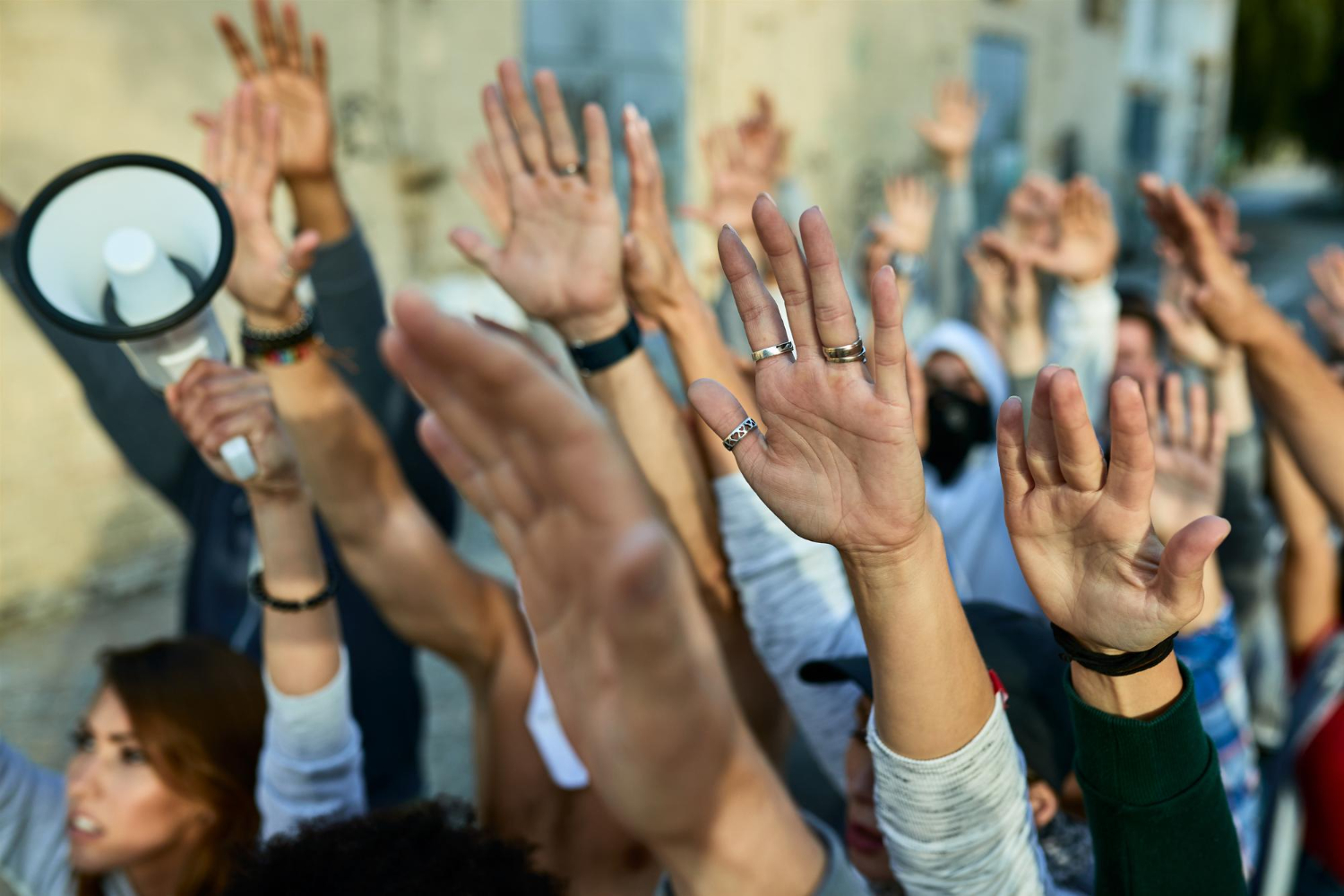Let’s Discuss & Start Visa Consultations
Expert guidance on visas, settlement, citizenship, and asylum — just a message away.
Human rights law is a cornerstone of the UK’s legal framework. Through the Human Rights Act 1998, the protections of the European Convention on Human Rights (ECHR) are incorporated into UK law, ensuring that no one is returned to a situation where their fundamental rights would be violated.
In immigration and asylum cases, human rights arguments often make the difference between removal and protection. At LawSentis, we specialise in identifying and presenting the strongest human rights grounds for our clients. With our accreditation at IAA Level 3, we are authorised to act in the most complex immigration and human rights matters, including appeals and judicial reviews before the higher courts.

1-Right to life (Article 2) – where removal would expose you to life-threatening risks.
2-Freedom from torture and inhuman treatment (Article 3) – an absolute right, meaning it cannot be breached under any circumstances. The UK cannot lawfully remove you to a country where you would face torture, degrading treatment, or denial of essential medical care (the principle of non-refoulement).
3-Right to family life (Article 8) – where you have close family in the UK and removal would separate you from your spouse, children, or dependants.
4-Right to private life (Article 8) – where you have built strong ties in the UK through long residence, friendships, work, or studies. Article 8 is a qualified right, meaning the Home Office may interfere with it, but only if the interference is proportionate and justified (e.g. in the interests of immigration control or public safety).
5-Children’s rights – decisions affecting children must always take their best interests into account.
6-Medical and compassionate grounds – removal could breach human rights if you would be denied access to essential treatment abroad, particularly in cases involving life-threatening illness or severe disability.
At LawSentis, we deal with human rights issues across the full spectrum of immigration law, including:
When the Home Office assesses a human rights application
Because the Home Office applies these tests strictly, the way your case is argued and presented is critical.
If your application is refused, you may have the right to appeal to the Immigration Tribunal on human rights grounds. This appeal process allows an independent judge to review whether the Home Office decision was consistent with the Human Rights Act and the ECHR.
Appeals often succeed where initial applications fail, particularly when strong evidence of family life, medical need, or long residence in the UK is presented.
Human rights applications are often refused at first instance, with the Home Office arguing that removal is proportionate or that private life can continue abroad.
This is why expert representation is essential. At IAA Level 3, LawSentis has the experience and authorisation to challenge refusals through appeals and higher court proceedings.
If you don’t yet meet the 10-year ILR requirements
Contact LawSentis today for a confidential consultation. Our expert team will listen to your story, explain your options clearly, and fight for your rights every step of the way.
Have questions or need more information? Our team is here to help.
Expert guidance on visas, settlement, citizenship, and asylum — just a message away.